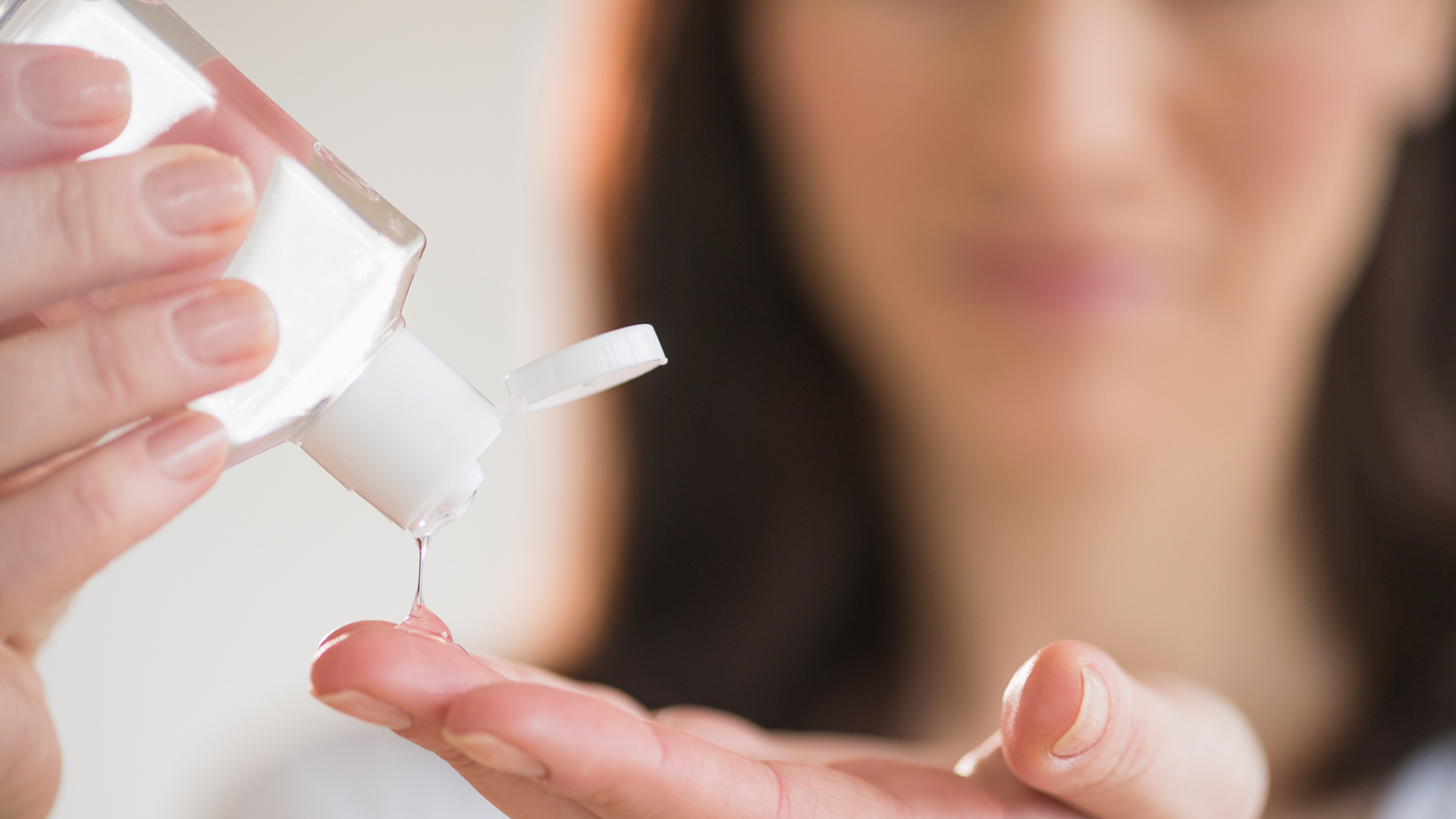Antibacterial gel could actually be bad for your health
You’ll be binning your bottle after reading this


You’ll be binning your bottle after reading this
If you live in London, chances are you have antibacterial gel knocking about in your handbag, and regularly use it. Especially if you know how often they clean the London Underground and what germs are making you sick in your office.
Well we’re afraid we have have more bad news for you, because it turns out antibac gel may not be the solution but rather part of the problem.
A manifesto published in Environmental Health Perspectives found that antiseptics found in the hand sanitisers could actually be bad for your health.
A group of 200 researchers from 29 countries and 9 European health organisations looked at the two main components of these gels: triclosan and triclocarban.
They firstly found that gel isn’t scientifically proven to be better than regular soap, stating, ‘In personal care products like hand soap, there is no evidence that use of triclosan or triclocarban improves consumer or patient health or prevents disease.’
But more alarmingly, they found that the two agents could actually affect reproductive health: ‘Triclosan and triclocarban are endocrine disruptors and are associated with reproductive and developmental impacts in animal and in vitro studies. Potential implications for human reproduction and development are of concern and merit further study.’
Celebrity news, beauty, fashion advice, and fascinating features, delivered straight to your inbox!
One more reason to turn to a natural alternative, like when we told you about how organic lubricant could prevent you from getting thrush.
Unfortunately, these two ingredients can also be found in loads of other every day items, like toothpaste, clothes, toys, bin bags and detergents - and they're super bad for the environment too, not just your health.
The study found that they ‘persist in the environment and are a source of toxic and carcinogenic compounds including dioxins, chloroform, and chlorinated anilines.’
Not good right? While the two components have been banned in the States since September 2016, they’re still only partially banned in Europe, so hopefully the study will help change that.

Penny Goldstone is the Contributing Fashion Editor at Marie Claire UK. She writes about catwalk trends and the latest high street and Instagram sartorial must-haves. She also helms the Women Who Win franchise.
She has worked in fashion for over 10 years, contributing to publications such as Cosmopolitan, Red, Good Housekeeping, and Stylist.